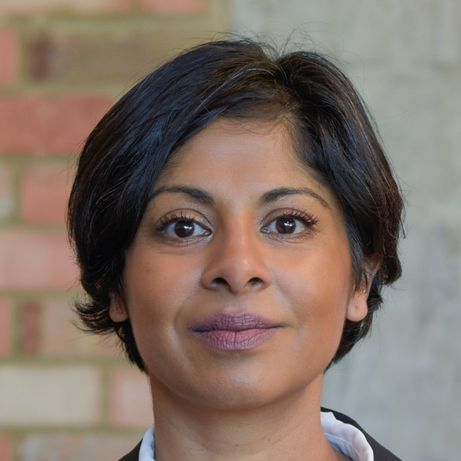Tackling Unconscious Bias
April 07, 2021
diversity diversity and inclusion diversity recruitment unconscious bias unconscious biases
Allow me to share open and honest thoughts about unconscious bias and how it appears in the role of the recruiter.
Hiring managers and recruiters, think about the last time you were interviewing or recruiting a candidate. In writing a job listing and screening and interviewing candidates, did you first take the time to give sufficient thought to what the position truly required? Did you translate that into the job description – or was it rehashed from the previous time you recruited and hired for that role?
Let’s consider a requirement hiring managers often tell me is non-negotiable: education, specifically the level of degree and the “rank” of the educational institution. Think about the most recent time you studied someone’s CV: which “bucket” – Yes, No, or Maybe – would you place a candidate in if:
1) they had no degree?
2) they had a degree from a mid-level university?
3) they had a degree from a top-tier university?
Most likely, you automatically sort these as No, Maybe, and Yes. But let’s ask why this is the default approach and whether it makes sense. Education is undoubtedly important, but often recruiters and hiring managers overvalue educational credentials when assessing candidates. If you only approve of applicants who graduated from a closed set of top universities, you are likely to replicate the same hire over and over.
Put another way, you will be captive to the screening criteria that those educational institutions use to select their attendees. It will be impossible for those you ultimately hire to be more diverse than the student body at the schools they attended. If you’re happy with that as an outcome, then great – but don’t ignore the impact that approach will have on your efforts to foster Diversity. The reality is that you will have outsourced that effort to the schools from which you are selecting your hires. You risk creating a disconnect between your stated goals around pursuing Diversity and the extent to which your actions help to achieve it.
No one doubts that education is important. But it should also be considered in context. For the candidates in your No and Maybe baskets, pursuing Diversity means taking the time to ask why a candidate did not go to university or one you consider most desirable. The reality is that if and where a candidate went to school does not render them incapable of doing the job you need. What are the factors for them not attending?
With the growing recognition that social mobility fuels diversity, it is increasingly important to understand the challenges you place in the way of those whose starting point and journey thus far may not have offered them an array of the sorts of opportunities available to those who were better situated from the start. Achieving true Diversity means considering how someone got to the race rather than where they finished.
Over the course of my career in recruitment, too often, I have witnessed review-stage decisions boiled down to only hiring what is familiar. Yet nothing changes without changing what you do and how you do it.
If Diversity is a goal, take the time and effort to innovate your filtering process. Think through the key indicators of an applicant’s suitability to be found in his/her education? To what extent does his/her professional journey demonstrate commitment, discipline, intelligence. The ability to work well in a team and other key attributes? Can you use means other than a school’s prestige to assess these aspects that provide a better and accurate gauge of candidate’s value-add and yield a more diverse group of applicants?
To truly build a world of Diversity, Equality, and Inclusion, we need to look at the existing Diversity across a spectrum of candidates. We need to challenge our minds, our colleagues, and our customers to acknowledge unconscious biases and work to move forward by being willing to change. Otherwise, we will remain limited in how we recruit and grow a team.
We all want to be the best we can be and make fact-based decisions. We want our truths, our thoughts, and our actions to be without bias. Yet our unconscious cannot be escaped. It is us; it is who we are and reflects how we have experienced the world.
Overcoming our unconscious bias – how we perceive the world in ways that are so ingrained that we don’t realize our assumptions and thought process – requires training ourselves, educating ourselves, and exposing ourselves to environments and ways of doing things that we have not experienced before.
The good news? All of this is possible, and an excellent place to start is to consider applicants who aren’t from the same places you’ve always looked.
Back to Expertise


